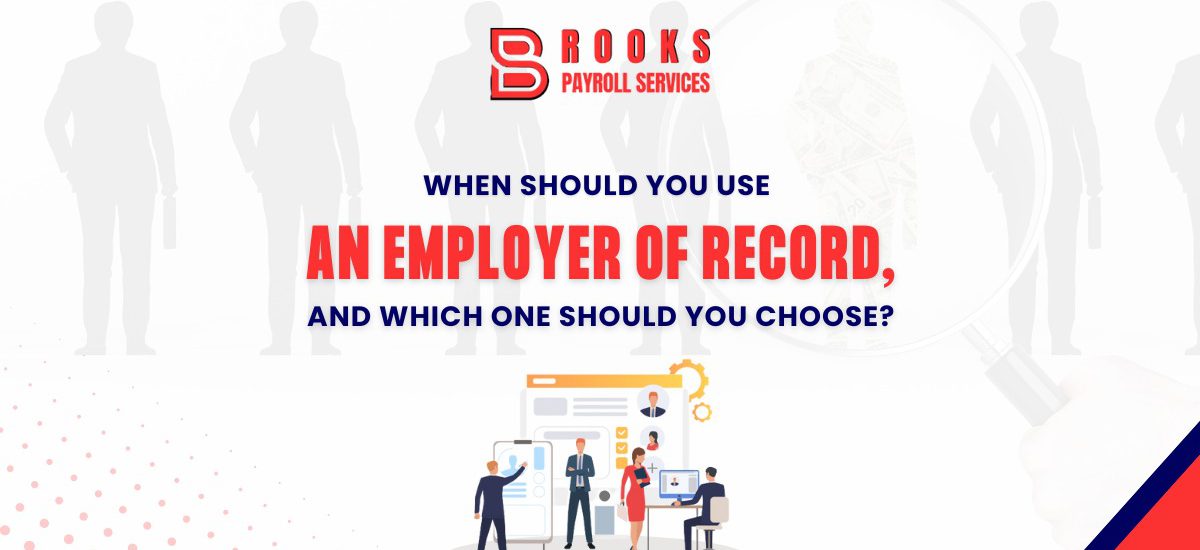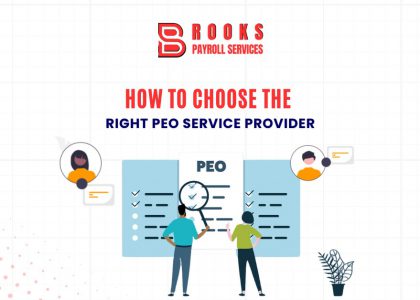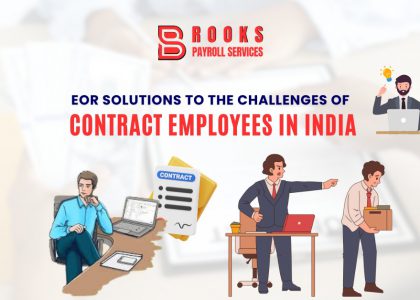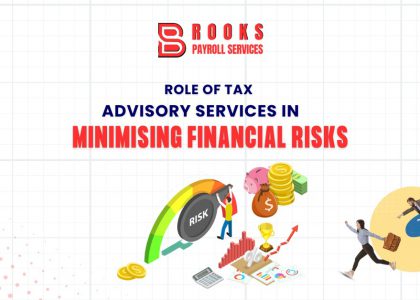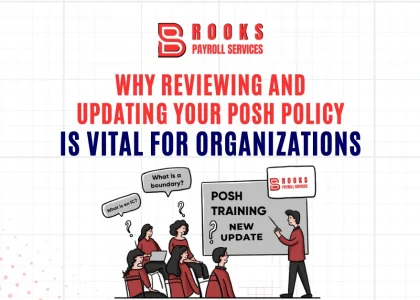In the ever-evolving landscape of the modern workforce, the dynamics of hiring have undergone significant changes, especially with the shift towards remote work and online collaboration. This transformation has propelled global hiring to the forefront, presenting both opportunities and challenges for businesses seeking to expand their talent pool beyond borders. One increasingly popular solution in this realm is the utilization of an Employer of Record (EOR). But when is the right time to engage with an EOR, and how do you choose the most suitable one for your needs? Let’s delve deeper into this topic to find out.
The Changing Landscape of Workforce Hiring
Embracing Global Hiring as a Strategic Advantage
Over the past year, the concept of global hiring has gained traction among top companies worldwide. The ability to tap into diverse talent pools across different geographical locations offers businesses a competitive edge, fostering innovation and cultural richness within their teams.
Addressing Challenges in Talent Acquisition and Retention
With the increasing desire among workers to relocate and the growing complexity of finding the right talent, businesses are facing hurdles in traditional hiring processes. This necessitates alternative approaches to sourcing and retaining skilled professionals.
Understanding the Role of Employer of Record (EOR)
What is an Employer of Record?
An Employer of Record serves as a vital intermediary entity that facilitates the employment of remote workers irrespective of their geographic location. Essentially, the EOR becomes the legal employer of the worker while the client company retains operational control and oversight.
Key Responsibilities of an EOR
An EOR assumes various crucial functions including hiring, compliance management, payroll processing, benefits administration, and more. By outsourcing these tasks to the EOR, businesses can streamline their global hiring processes and mitigate associated risks.
Advantages of Employing an EOR
Simplifying Global Hiring Processes
For many companies, the complexities involved in establishing legal entities and ensuring compliance in foreign jurisdictions pose significant barriers to international hiring. Engaging with an EOR streamlines these processes, enabling swift and efficient expansion into new markets.
Cost-Effectiveness and Resource Optimization
Partnering with an EOR eliminates the need for extensive resource allocation towards setting up foreign entities and navigating unfamiliar legal landscapes. This translates to considerable cost savings and allows businesses to focus their resources on core operations.
Choosing the Right EOR: Factors to Consider
Global Presence and Expertise
When selecting an EOR, it’s essential to assess their geographical coverage and domain expertise. An EOR with a robust presence in target regions can offer localized support and insights, ensuring seamless operations across diverse markets.
Transparent Pricing and Service Model
Transparent pricing structures and comprehensive service offerings are indicative of a reputable EOR. Look for providers like Brooks Payroll, which offer flat-rate pricing with no hidden fees, providing clarity and predictability in financial arrangements.
Differentiating EOR from Other Service Providers
Staffing Agencies vs. EORs
While staffing agencies focus on talent acquisition, EORs offer end-to-end employment solutions, including compliance and payroll management. Understanding this distinction is crucial for making informed decisions regarding global hiring strategies.
Payroll Companies vs. EORs
Unlike payroll companies that primarily handle financial aspects, EORs oversee all aspects of employment, ensuring compliance and regulatory adherence in diverse jurisdictions. This comprehensive approach minimizes administrative burdens for businesses operating internationally.
PEOs vs. EORs
While both PEOs and EORs provide HR outsourcing services, the fundamental difference lies in the ownership of legal entities. Unlike PEOs, which necessitate client-owned entities, EORs operate as standalone entities, simplifying the employment relationship.
Ensuring Compliance and Mitigating Risks
Addressing Legal and Regulatory Challenges
Navigating complex labor laws and regulations in foreign countries requires specialized expertise. EORs offer invaluable support in ensuring compliance with local statutes, minimizing the risk of legal liabilities and penalties.
Safeguarding Intellectual Property Rights
Intellectual property protection is paramount when expanding operations globally. EORs employ robust mechanisms to safeguard clients’ intellectual assets, mitigating risks associated with IP infringement and unauthorized use.
Conclusion
In an increasingly interconnected world, the strategic utilization of Employer of Record services emerges as a cornerstone of global expansion initiatives. By leveraging the expertise of reputable EORs, businesses can navigate the complexities of international hiring with confidence, unlocking new opportunities for growth and innovation.
Unique FAQs
- Is engaging with an Employer of Record suitable for startups and small businesses?
- Absolutely! EOR services are scalable and cater to businesses of all sizes, offering tailored solutions to meet diverse needs.
- What distinguishes Brooks Payroll as an Employer of Record?
- Brooks Payroll stands out for its global reach, transparent pricing, and comprehensive service offerings, making it an ideal partner for businesses venturing into international markets.
- How can businesses ensure compliance with local labor laws when working with an EOR?
- EORs possess in-depth knowledge of local regulations and enact robust compliance measures, ensuring adherence to labor laws across different jurisdictions.
- What are the potential risks of misclassifying workers in international hiring processes?
- Misclassification can lead to legal repercussions, including fines, back payments, and tax liabilities. Partnering with an EOR mitigates such risks by ensuring proper classification of workers.
- How does an EOR facilitate termination processes in international employment scenarios?
- EORs assist businesses in navigating termination procedures in compliance with local laws, thereby minimizing legal complexities and safeguarding organizational interests.


